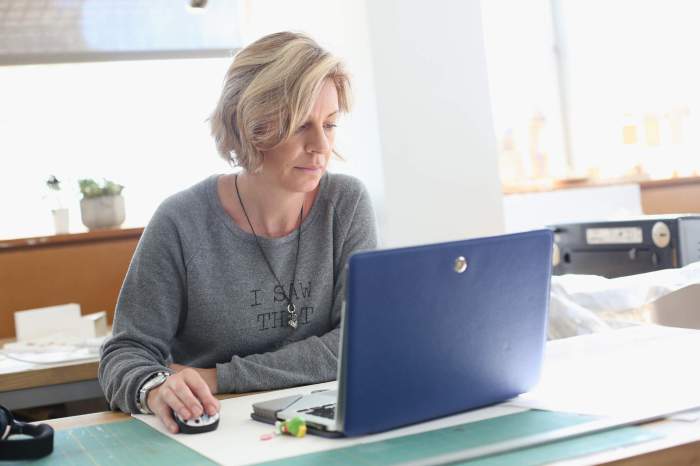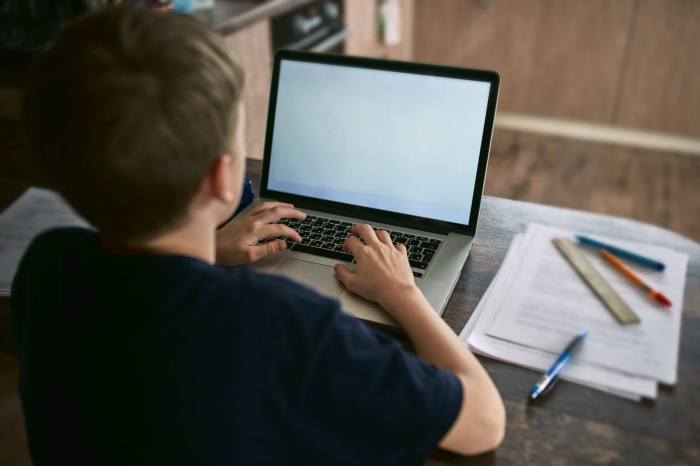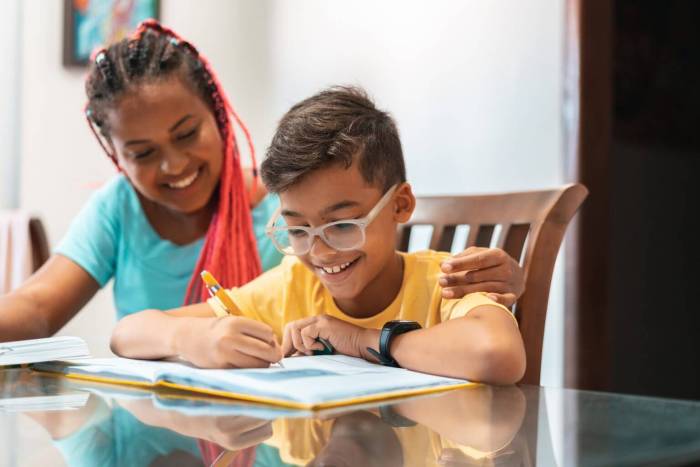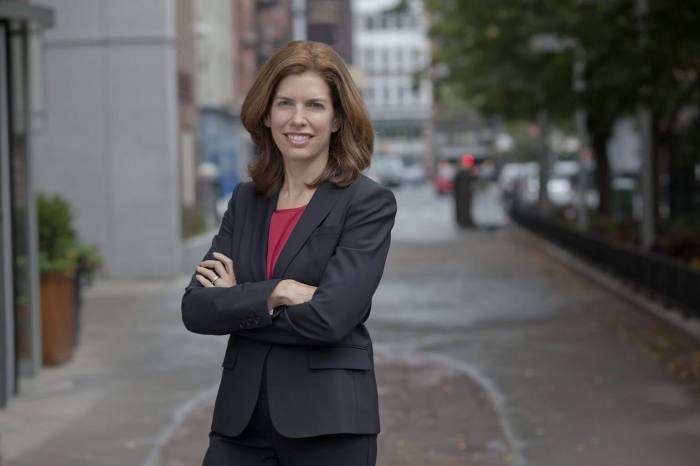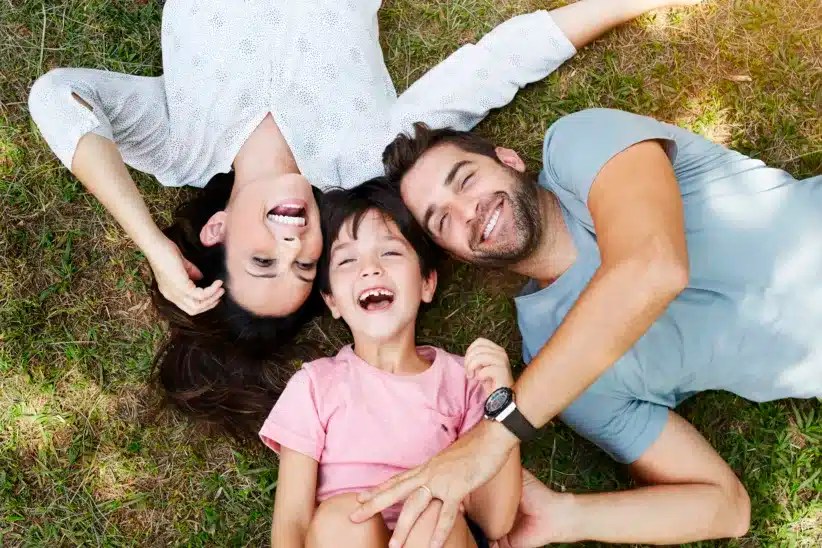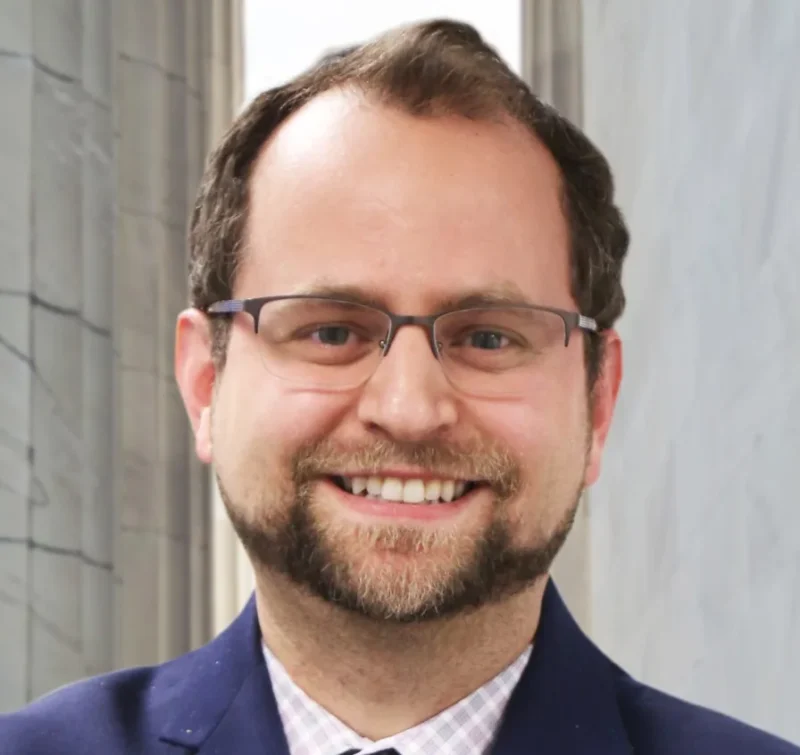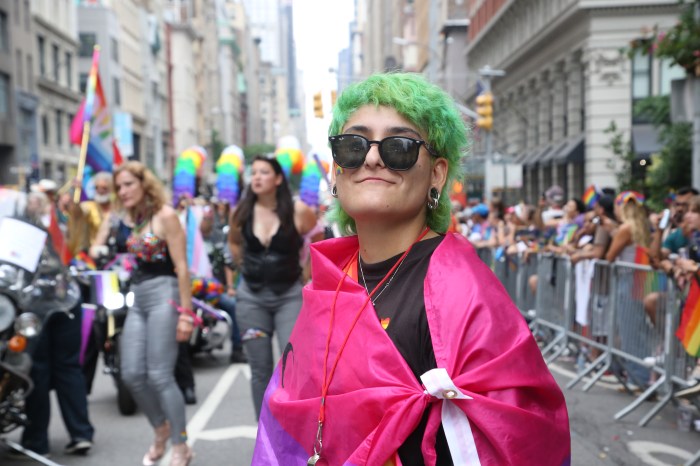By Miguel Clemente Rodriguez, freshman, Rochester Institute of Technology (RIT)
Since January 2020, the United States has been engaged in an ongoing fight against one of the world’s deadliest pandemics, the COVID-19 virus (coronavirus). COVID-19 has proven to affect everyone in the United States: young, old, Black, white, Latino, poor and rich people alike. According to The New York Times, there are a total of 8 million reported cases and a death toll of over 217,000 people. As the world is working to find a cure for this virus, time doesn’t stop for the people. As a freshman student at R.I.T., for the first time, I am enjoying the sense of independence, freedom and taking care of my responsibilities. With independence and freedom comes a great deal of responsibility. A demonstration of this responsibility is applicable in answering the question of whether we should self-police ourselves in a midst of a pandemic. In reaching a conclusion, one may consider, among others factors: upbringing; statistics, peer pressure and political influence.
It’s easier to police yourself from the elements you are familiar with as part of your development and growth. My parents taught me how to cross the street, stay away from strangers and to respect my elders. My parents did their best to prepare me for adulthood; always stressing the many ways of staying healthy and our religious teachings of paying respect to the value of human life. We even roleplayed to get me thinking about various situations I may encounter so I can self-police myself. Unfortunately, and not surprisingly, COVID-19 is not one of those factors my parents taught me to police myself against. How I deal with COVID-19 is embedded in me and is an opportunity to show my parents the results of their upbringing and that I can take care of myself; always knowing my parents are there if I need their help.
My interest is math and I value statistics and what our experts report. It has been about eight months since the virus started to spread, the situation is still critical and there appears to be no signs of the spread of the virus declining. The New York Times has a graph that has been keeping track of the coronavirus and although we aren’t at a peak, the numbers are still rising. Because of this virus, thousands of businesses had to shut down, and hundreds of thousands of people have lost their jobs. Everyone still needs to work and make money, so we all need to take precautions against this virus. While we are trying to return to a normal life as possible, we cannot ignore the statistics and the advice of the experts. The reports indicate that we must continue to follow COVID-19 protocols to prevent catching and spreading the virus.
Under normal circumstances, I am in favor of students policing themselves according to the policies. However, because of the nature of COVID-19, students should not be responsible for policing themselves. It is very difficult for students to police themselves because at their age, especially in college, and the temptation to let their guard down is high. Another concern is the risk of students not reporting other students because of peer pressure and not wanting to “snitch.” The situation is critical and is a matter of survival that requires the help of all that are available to ensure the proper protocols are followed to keep everyone safe.
College is the first experience for many to go away to school. A lot of students take this opportunity to live their best lives since they don’t have to worry about their parents. Students often go to parties to have fun and enjoy the company of many other students. Normally, this is problematic because of the use of alcohol and drugs. Under the current situation, the mere possibility of lots of students being close to each other is where the problem arises. Because the virus is believed to not harm younger people, students often take the risk to lower their guard and participate in social gatherings by breaking the protocol to wear a mask and social distance. Students feel so comfortable with each other, that they don’t follow precautions. Due to the severity of the situation, we cannot afford to even consider the possibility of students overlooking these mistakes.
The concept of “snitching” is something like a taboo for younger people. We are united because we are young in a “war” against older people because they are perceived to act all “high and mighty.” The urge to resist this temptation has caused many problems. In the past, problems occur on other college campuses when students refuse to snitch on one another which negatively affects hazing practices and sexual violence cases (Levy 2). Similarly, we have already seen this happen when contact tracing the current pandemic. According to Levy and Kilgour, local officials have had to resort to subpoenas just to get infected patients to submit to telling the truth so they could contact trace the coronavirus. (Levy 2) Some people refuse to snitch because it could threaten their safety. Others have already been targeted with possible harassment and threats to avoid reporting non-compliant business practices. Giving the responsibility of self-policing to the students is too much to ask for, as they would be put in a very tough position.
Throughout our time fighting COVID-19, we have struggled tremendously. Our greatest and most qualified leaders have guided us through this time. If we haven’t ended the fight against COVID-19 already, how are young adults expected to handle the situation better than those who are wiser than we are? Our leaders are giving us conflicting news as to the severity of the virus based on their political interests. When our leaders speak, most people listen and in doing so, they let their guards down and put themselves in harm’s way. If our leaders cannot speak with one voice, then I cannot trust my fellow students to police themselves. The President of the United States is promoting herd immunity. This occurs when a major portion of a community can no longer get infected because they become immune, making the spread of COVID-19 unlikely. To do that, you have to stop wearing a mask and not care anymore of being exposed to catching the virus. If students listen to that and act on it, then they present a clear and present danger to me and people I care about. According to The Washington Post, this strategy is “drawing concern from experts inside and outside the government who note that a herd immunity strategy could lead to hundreds of thousands, if not millions, of lost American lives” (Svrluga 1). This is not a smart strategy for the world to take. Until our national leader’s voice clearly indicates the best interest of us all, I must listen to my inner self and adhere to the side of caution.
Under the current circumstances, we can’t afford to leave all of our health in the hands of the students. The students have their studies to attend to, and asking them to be responsible for everyone else is too much. This virus has been having a permanent effect on more than 8 million people. If our nation has many people in charge and the situation has grown this severe, how can we justify our student body being responsible for our entire campus? The best solution is to work together to ensure everyone follows the proper protocols to stay safe.
Although I am against students policing themselves, I can see the logical perspective behind that point of view. The only group of people that would know the “inside scoop” would be other students. There is no dean that would know what’s going on among the student body, other than the students themselves. To have an inside eye among the students reporting the breaches in the protocol is a great way to ensure all the students are following the rules.
An alternative method could be having campus police/security be in charge of enforcing the COVID-19 rules. This system would be responsible for enforcing social distancing, enforcing the use of masks, and issuing penalties for violations of these rules. Possible penalties could be fines for multiple offenses of not using a mask. I believe fines should be issued after two warnings. The fine should be anywhere from $50 to $100.
The world has suffered great losses due to the coronavirus. Everything that I have been taught, the statistics, peer pressure and the conflicting voices from our national leaders, has made me believe that students shouldn’t be responsible for policing themselves. The situation is critical and is a matter of survival that requires the help of all available, including the enforcement of fines, to ensure the proper protocols are followed to keep everyone safe. The lessons from my upbringing to listen to my elders can only go so far as our leaders do not always provide accurate information. Too many of our neighbors and loved ones have lost their lives. If we were to ask those who lost a loved one if they would favor students self-policing themselves, they would argue against it because they know all too well the potential consequences of COVID-19. They would probably advise us all not to take any chances and to take the deepest of care as COVID-19 is a killer!

















